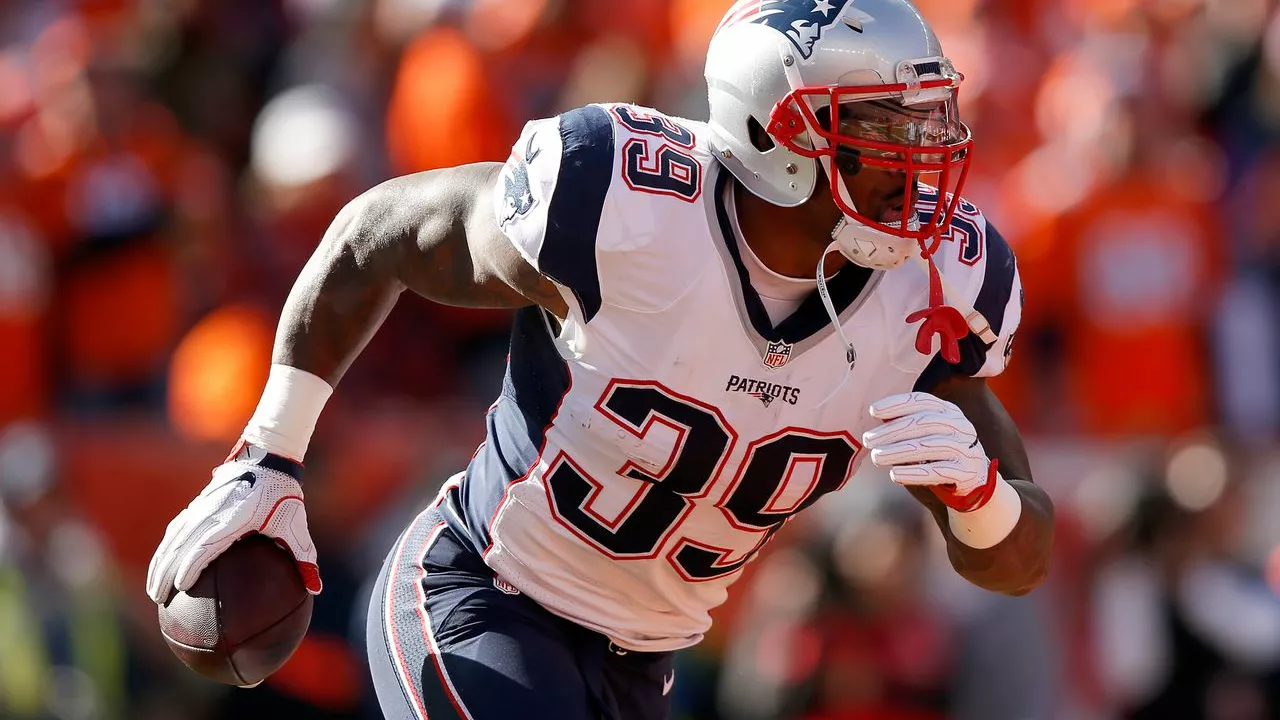Player Contracts: What Every UK MMA Fighter Should Know
If you’re stepping into the cage, the contract you sign is just as important as your training plan. A solid player contract tells you how much you’ll earn, what rights you keep, and what happens if things go wrong. Understanding the basics helps you avoid nasty surprises and gives you confidence when you sit down with promoters.
Key Elements of a Typical MMA Contract
Most UK MMA contracts cover a handful of core areas. First, fight purse – this is the guaranteed money you get for showing up. It can be a flat fee or a split between showing up and winning. Second, pay‑per‑view or bonus clauses add extra cash if the event sells well or you earn a performance bonus.
Third, exclusivity. Many promoters ask you not to fight for other organisations during the contract term. If you break that rule, you could face penalties or lose future fights. Fourth, sponsorship and image rights. The deal may let the promoter use your name and likeness for marketing, but you should keep room to run your own sponsor deals.
Fifth, health and injury provisions. A good contract will spell out what happens if you get injured – whether you get paid, who covers medical costs, and how long you’re out before the promotion can release you. Finally, termination clauses explain how either side can end the agreement and what notice is required.
Tips for Negotiating a Better Deal
Negotiation isn’t about being aggressive; it’s about knowing your worth and protecting your future. Start by researching typical purses for fighters at your level. If you have a strong win record or a big fan base, use those stats as leverage.
Ask for a clear pay‑per‑view split if the event is expected to draw a crowd. Even a small percentage can add up over time. Push for a clause that lets you keep existing sponsorships – it protects your income stream outside the fight night.
Don’t ignore the fine print on exclusivity. If you want the freedom to fight in other UK promotions, negotiate a limited exclusivity window or a “first right of refusal” clause instead of a blanket ban.
Health clauses are crucial. Make sure the promoter covers medical expenses for injuries sustained in the fight and that there’s a guaranteed payment if you’re forced out for a long recovery. This protects you from losing income while you heal.
Finally, consider hiring a sports agent or lawyer who knows MMA contracts. They can spot hidden traps, suggest better language, and negotiate on your behalf. Even a short consultation can save you from costly mistakes later.
Bottom line: a player contract is your safety net. Read every line, ask questions, and don’t sign until you’re comfortable with the terms. With the right knowledge, you can focus on training, not on worrying about what the contract might do to you later.
- Kaius Farrell
- 0 Comments
Do NFL teams have to pay out the contracts of players they cut?
In the world of NFL, when a player gets cut, it doesn't necessarily mean they lose all their money. It all depends on the contract specifics. If a player's contract is guaranteed, then they are entitled to the full payout, even if they're cut. However, if the contract isn't guaranteed, the team has the right not to pay the remainder. So, in essence, the question of payout really depends on the fine print of the player's contract.
View More